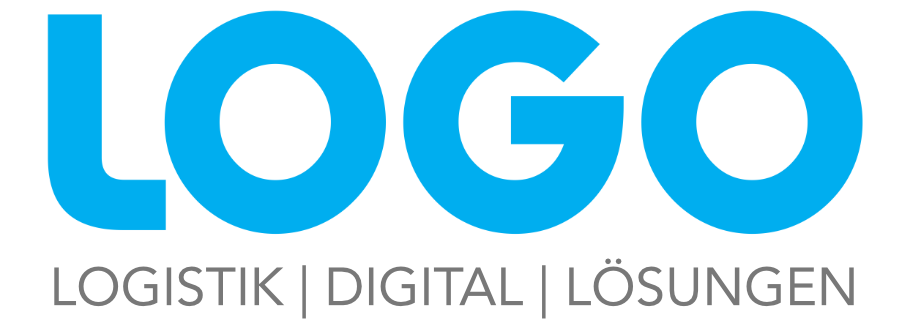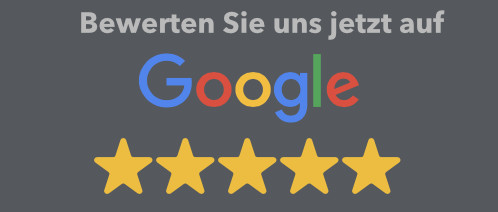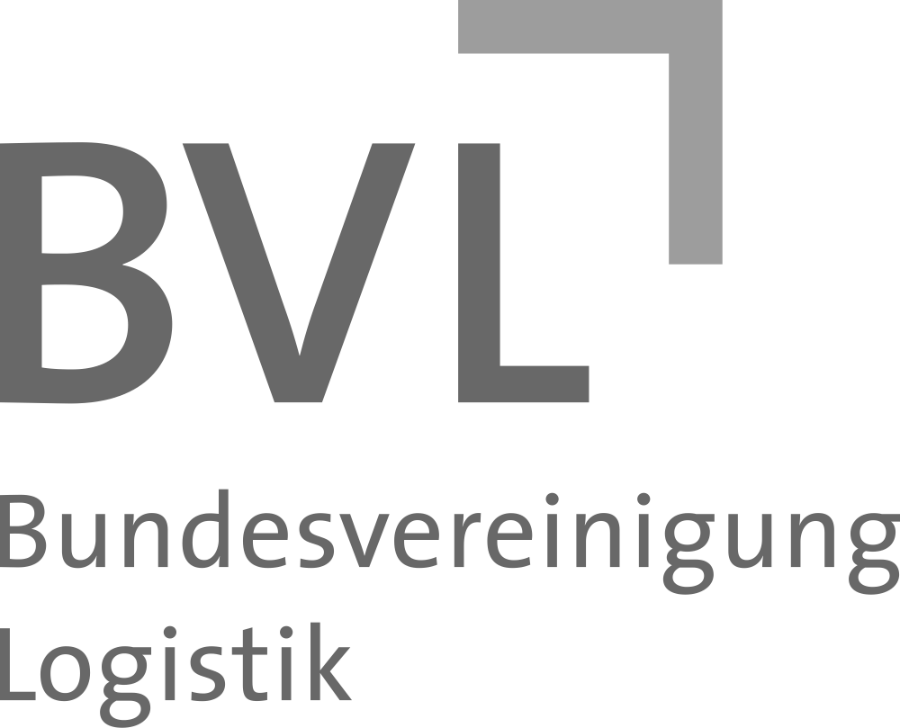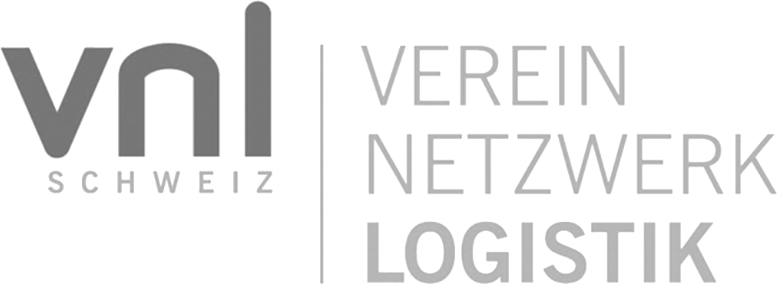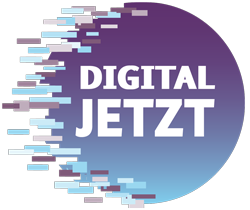Why is it worthwhile to invest human and financial resources in the development and implementation of a CRM strategy?
Professional CRM tools have become indispensable in industry and commerce. Marketing there is extremely automated and relies on the information from CRM.
In the logistics sector, however, many marketing issues are quite different and not all companies in this sector have a dedicated sales department. Usually, branch managers and managing directors are active in sales themselves and all employees in the customer service department prepare quotations and make phone calls to customers. One or two sales representatives reinforce the team.
This raises the question for many managing directors of a medium-sized logistics company whether and how they could benefit from using a CRM in the company.
In summary, the goal of all activities is to create a good customer experience, thereby improving customer loyalty and also to achieve closings with prospects through good experiences. The data in the CRM, which comes from various sources, is used to assess the customer correctly and to enable a custom-fit approach that is as personal as possible.
Without a doubt, every business will benefit from having more loyal customers and turning prospects into customers faster. In other words, every business benefits from CRM!
We all know: Data is the oil of the 21st century.
So make the most of the data you have and the information that already exists in the company. In databases or in the heads of your employees.
The trick is then to process and summarise the data intelligently so that the desired information is available quickly.
A professional CRM is the tool of choice for this.
And LOGO CRM as a logistics CRM is your specialist for processing all information about transports, storage, logistics services and value-added services.
In principle, every company benefits if the information about customers and prospects is stored in a database in a structured way that can be viewed by every employee.
Many companies already have customer databases, for example, that they set up themselves using Access. When and for whom is a replacement worthwhile?
First of all, companies must ask themselves what strategy they are pursuing in their customer-oriented behaviour.
Do you want to strengthen customer loyalty, increase your contribution margin, generate more sales with existing customers, win more new customers, strengthen your brand image, market your speciality better, focus on your most successful products and relations or expand?
Set yourself these questions and define measurable goals. To achieve your goals, you need good processes, transparency, cooperation … but above all, you need customers who you put at the centre of your actions.
But what does that mean in concrete terms?
How much do you really know about your customers?
- Do you know all the touchpoints between your company and your customers’ employees?
- Do you know the concrete requirements of the different departments at the customer’s for your performance and service?
- Do you know the human characteristics and preferences of your contacts so that you can communicate accurately?
If you can answer yes to these questions, you have already come a long way.
- Do you also have the possibilities to store this customer knowledge in a structured way so that employees and management can make strategically correct and customer-oriented decisions based on the data?
- And do all employees with customer contact have the possibility to add their information to the knowledge pool?
If not, the knowledge is scattered throughout the company and thus a precise targeting of customers is not guaranteed and the good customer experience will suffer.
I’ll give you an example in case this is all too theoretical:
I have a Bahncard 25, 1st class, which would soon expire.
The railway sends me an elaborately produced advertising letter with scratch fields and discount options, for my new Bahncard.
At first I’m happy about the discount offer. But then I am totally disappointed because I see that the offer is tailored to customers with a second-class Bahncard and I can only guess whether the discount would even be valid for my Bahncard. In the end, it turned out that this voucher can only be used when buying a new Bahncard and not when renewing a subscription.
Well thought, not optimally implemented.
Here, the data between marketing and customer care were not optimally coordinated.
The customer database is guaranteed to have the information on who has which Bahncard. But it seems that this was not passed on to marketing in a structured way.
Why not make the approach really customer-oriented and coordinate it precisely with the current product? This would not have cost much more, but would have resulted in a much better customer experience.
This is what can happen with marketing automation. If it is not optimally networked with the CRM. But in logistics, completely automated online marketing is not really the order of the day. But good segmentation should also be used in personal customer contact, when sending mailings and invitations to lectures and events.
Use information about your customer’s mailing behaviour and potentials to deliver precisely tailored information and offers. To the right contacts at the right time.
And because a blog post these days would not be complete without a reference to the Corona virus, here is a thought on how customer loyalty will play out in the coming months.
Especially in times of crisis, when many employees are absent and supply chains are in disarray, you benefit from good customer loyalty and a good brand image.
And when your employees are sent to the home office or are absent to look after their children and dependents, a well-managed CRM is worth its weight in gold.
Your customers can still be looked after with pinpoint accuracy, data from the other systems still runs automatically into the CRM.
Whether it’s the usual customer advisor in the home office talking to the customer on the phone or a substitute at the company headquarters: all employees have access to the relevant customer information.
Download our questionnaire here “20 questions that show you whether you need a CRM”
Contact us if you would like to discuss your CRM strategy with us. Here you can make a free individual (online) consultation appointment.
